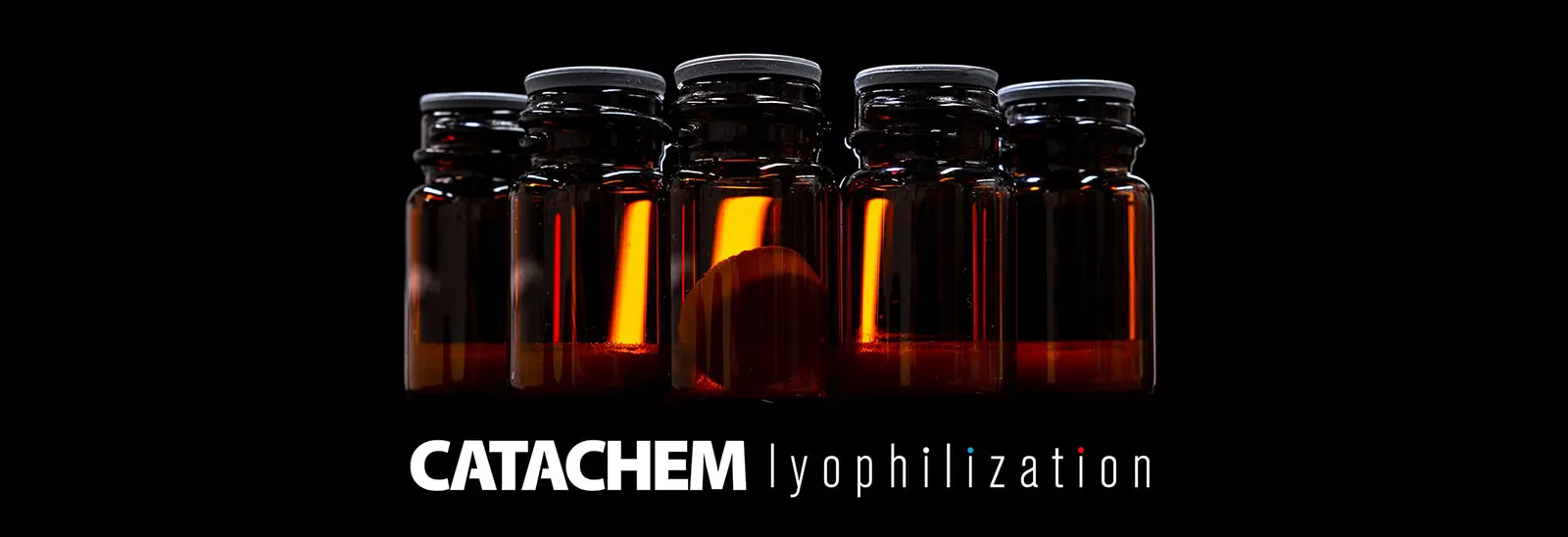
Protein Lyophilization:
Lyophilization of proteins is a technique employed to preserve the stability, functionality, and shelf life of these biomolecules. Proteins are highly sensitive to environmental conditions, such as temperature, pH, and moisture, which can lead to their denaturation, aggregation, or degradation. Lyophilization helps mitigate these risks and maintains the integrity of proteins for various applications.
Preservation of Protein Structure and Activity:
-
- Stabilization: Lyophilization removes water from the protein matrix, reducing the chances of aggregation or unfolding during storage. This process helps maintain the native structure of the protein.
- Maintaining Activity: Proteins lyophilized under suitable conditions retain their biological activity, making them valuable for research, diagnostics, therapeutics, and industrial applications.
Process Considerations:
-
- Pre-freezing: Proper pre-freezing is crucial to ensure the formation of uniformly distributed ice crystals, which minimizes damage to protein structures.
- Freeze-Drying: The frozen protein is subjected to a vacuum, allowing ice to sublime directly without passing through the liquid phase. The speed of freeze-drying directly relates to the size of the ice crystals formed and the size of the channels in a product that allow the ice to be efficiently sublimated off. This gentle drying process prevents protein denaturation.
Challenges and Optimization:
-
- Protein Denaturation: Proteins can be sensitive to freeze-thaw cycles and stresses during the lyophilization process. Optimization of formulation, freeze-drying parameters (speed of freeze, temperature of freeze, speed of sublimation) and excipients (specialized materials added to retain the integrity of the freeze-dried product) helps minimize denaturation.
- Buffer Selection: The choice of buffer and stabilizers is crucial to maintain the protein’s stability during both freezing and drying stages.
Reconstitution and Use:
-
- Reconstitution: Lyophilized proteins are typically reconstituted by adding a suitable buffer or solvent allowing them to regain their original structure and functionality.
- Storage and Handling: Lyophilization enhances the stability of proteins, making them easier to store, transport, and handle without the need for continuous refrigeration.
Why Choose Catachem for Lyophilization?
Extend your diagnostic or research reagents shelf lifE
Increase product stability
15 Years lyophilization experience
100% US production
Proof of concept requests, large or small volumes
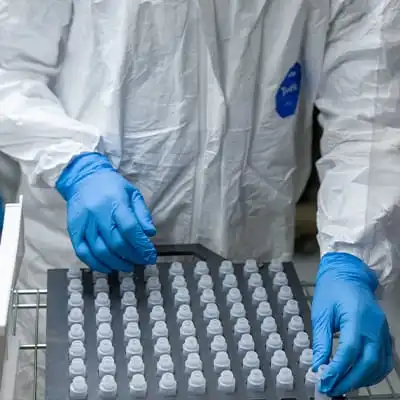
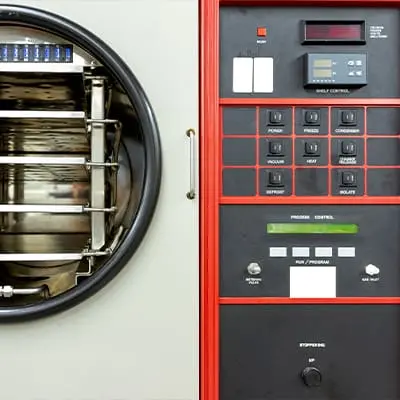
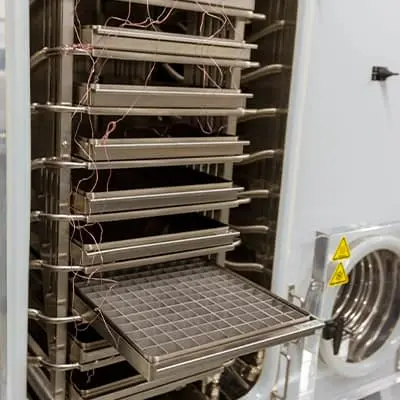
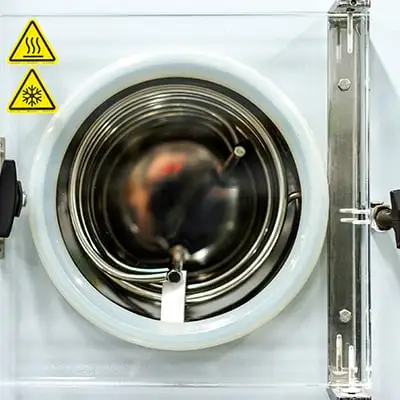
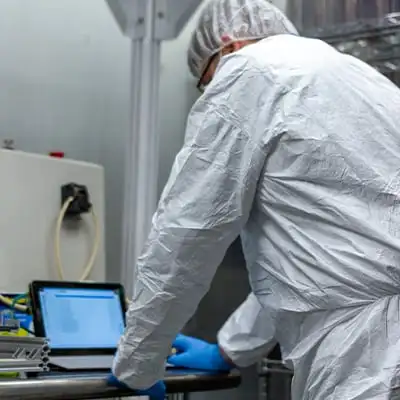

How Can We Help You?
If you are looking to place an order, request technical help or ask questions about us, get in touch today!
